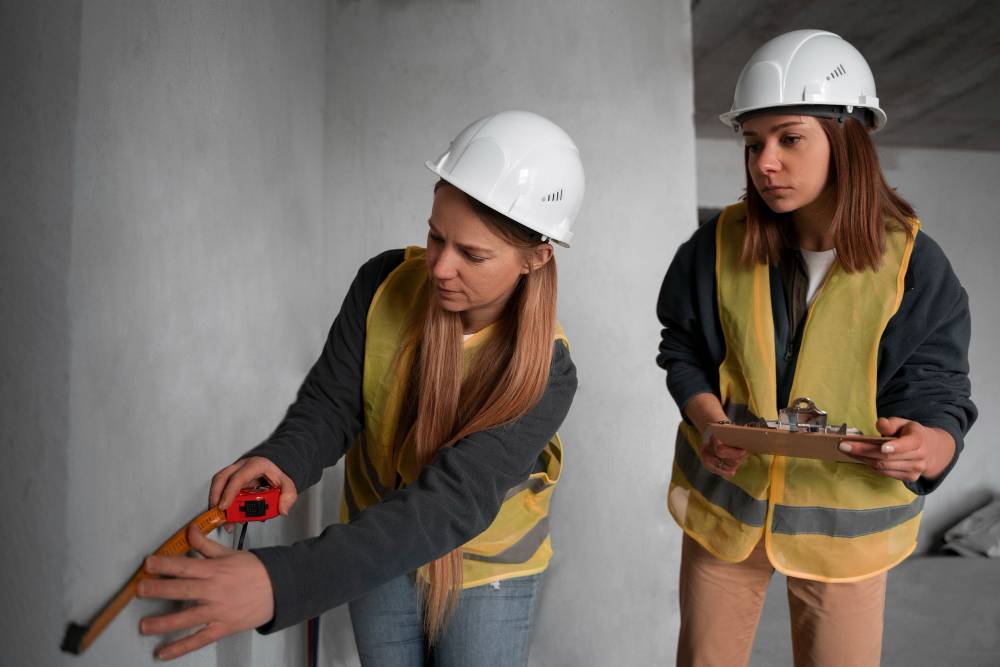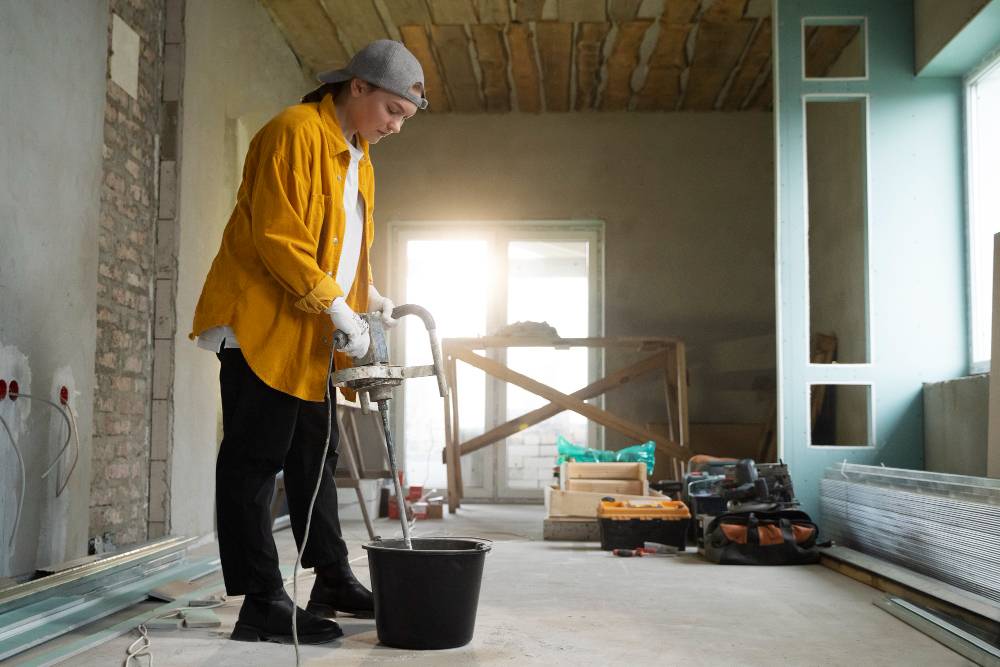Introduction
Finding the right building maintenance service is crucial for ensuring your property’s longevity, functionality, and safety.
Whether you manage a commercial office, residential complex, or industrial facility, hiring a reliable team can save you time, money, and unnecessary headaches.
A poorly maintained building can lead to costly repairs, decreased property value, and potential legal issues due to non-compliance with safety regulations.
But how do you know if a company is the right fit for your needs? Asking the right questions can make all the difference, helping you evaluate their expertise, service offerings, and reliability before signing a contract.
1. What Are Your Qualifications and Experience?
Before hiring a maintenance service, verify their credentials and industry experience. Do they have certifications in HVAC maintenance, electrical repairs, or plumbing?
Are they members of professional organizations such as the Building Owners and Managers Association (BOMA) or the International Facility Management Association (IFMA)?
A company with years of experience and proper licensing is more likely to deliver reliable services. Additionally, ask about their experience in maintaining properties similar to yours.
A provider specializing in office buildings may not have the expertise needed for industrial facilities or residential complexes.
2. What Services Do You Offer?
Some companies offer only basic maintenance, such as cleaning, plumbing, and electrical repairs, while others provide specialized services like landscaping, security system upkeep, or energy efficiency upgrades.
Clarify what’s included in their service packages to ensure they meet your needs. It’s also important to know if they offer customizable service plans.
Some buildings require more frequent HVAC servicing, while others might need regular inspections of elevators or parking lot maintenance.
Understanding their range of services will help you determine if they are a good fit for your property.
3. Are You Licensed, Bonded, and Insured?
Working with an insured and bonded company protects you from potential liabilities in case of accidents or damage.
Ask for proof of insurance and ensure they meet legal requirements in your area. Licensing ensures that the company follows industry standards and regulations, while bonding guarantees compensation if the company fails to complete a job.
Without these protections, you could be held financially responsible for injuries or damage on your property.
4. Can You Provide References and Past Client Reviews?
A reputable company should have a list of satisfied clients willing to vouch for their work. Online reviews, testimonials, and case studies can provide insight into their reliability and professionalism.
When speaking with references, ask about the company’s punctuality, quality of work, and responsiveness to emergencies. This will help you gauge whether they can meet your expectations and provide consistent service.

5. Do You Offer 24/7 Emergency Services?
Building issues don’t always happen during business hours. Whether it’s a burst pipe, power outage, or security breach, having a maintenance team that responds quickly to emergencies is essential.
Find out how they handle urgent repairs, what their average response time is, and whether they have a dedicated emergency hotline.
6. How Do You Handle Preventive Maintenance?
Preventive maintenance helps you avoid costly repairs by addressing minor issues before they escalate.
Ask about scheduled inspections, routine maintenance, and their approach to keeping your building in top shape.
Preventive maintenance can include regular HVAC servicing, plumbing inspections, structural assessments, and fire safety checks, all of which contribute to a safer, more efficient building.
7. What Is Your Pricing Structure?
Understanding pricing is key to avoiding unexpected costs. Do they charge hourly, per service, or offer subscription-based maintenance plans?
Clarify all potential expenses upfront, including service fees, emergency call-out charges, and additional costs for specialized services.
8. Do You Use In-House Staff or Subcontractors?
Some companies employ their technicians, while others subcontract jobs. In-house staff ensures consistent service quality, while subcontractors may lead to variability in expertise and reliability.
Knowing who will be working on your property allows you to assess their qualifications and training.

9. How Do You Ensure Safety and Compliance?
Safety is a top priority in building maintenance. Ensure the company follows OSHA (Occupational Safety and Health Administration) guidelines, conducts regular employee training, and complies with local building codes. Proper safety measures protect both workers and occupants from potential hazards.
10. What Technology or Tools Do You Use?
Modern building maintenance services often use advanced tools and technology to improve efficiency and accuracy.
Ask whether they use smart sensors, predictive maintenance software, or automated scheduling systems.
These technologies help identify issues before they become major problems, reducing downtime and repair costs.
Bonus Question: Do You Offer Any Sustainability Practices?
As businesses strive for sustainability, maintenance services that prioritize eco-friendly solutions can be a valuable asset.
Ask if they use green cleaning products, energy-efficient equipment, and sustainable waste disposal methods.
Companies that integrate sustainable practices can help reduce your building’s carbon footprint and lower energy costs.
Additionally, inquire about their recycling initiatives and whether they conduct energy audits to improve building efficiency.
Conclusion
Hiring a building maintenance service requires careful consideration. Asking the right questions ensures that you find a provider that meets your needs, stays within budget, and guarantees high-quality service.
By evaluating their experience, service offerings, safety measures, and pricing, you can make a well-informed decision that protects your property for the long term.



